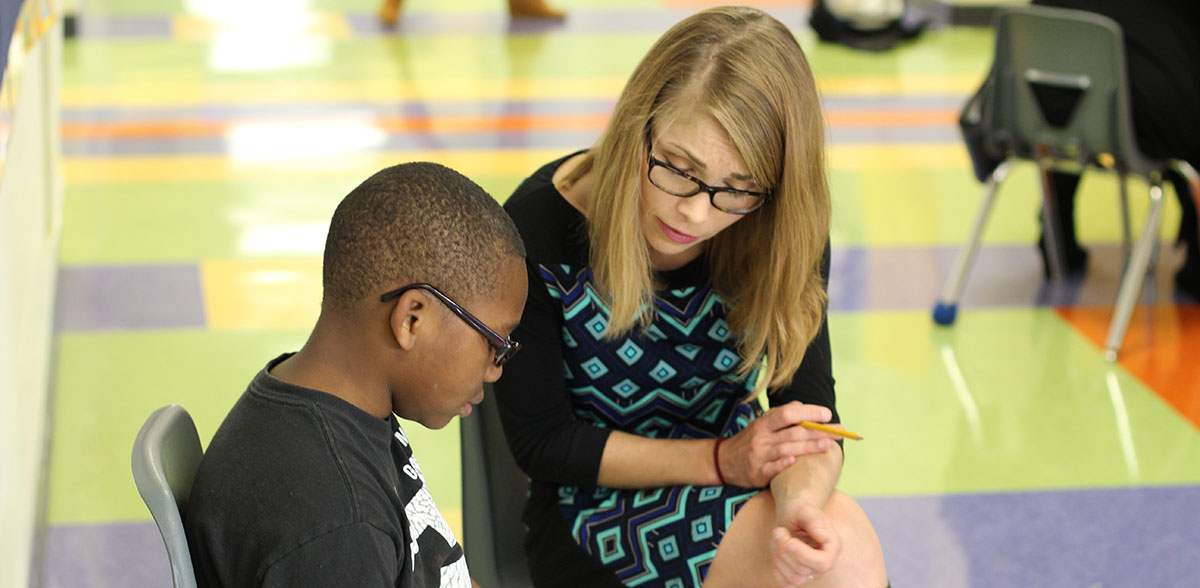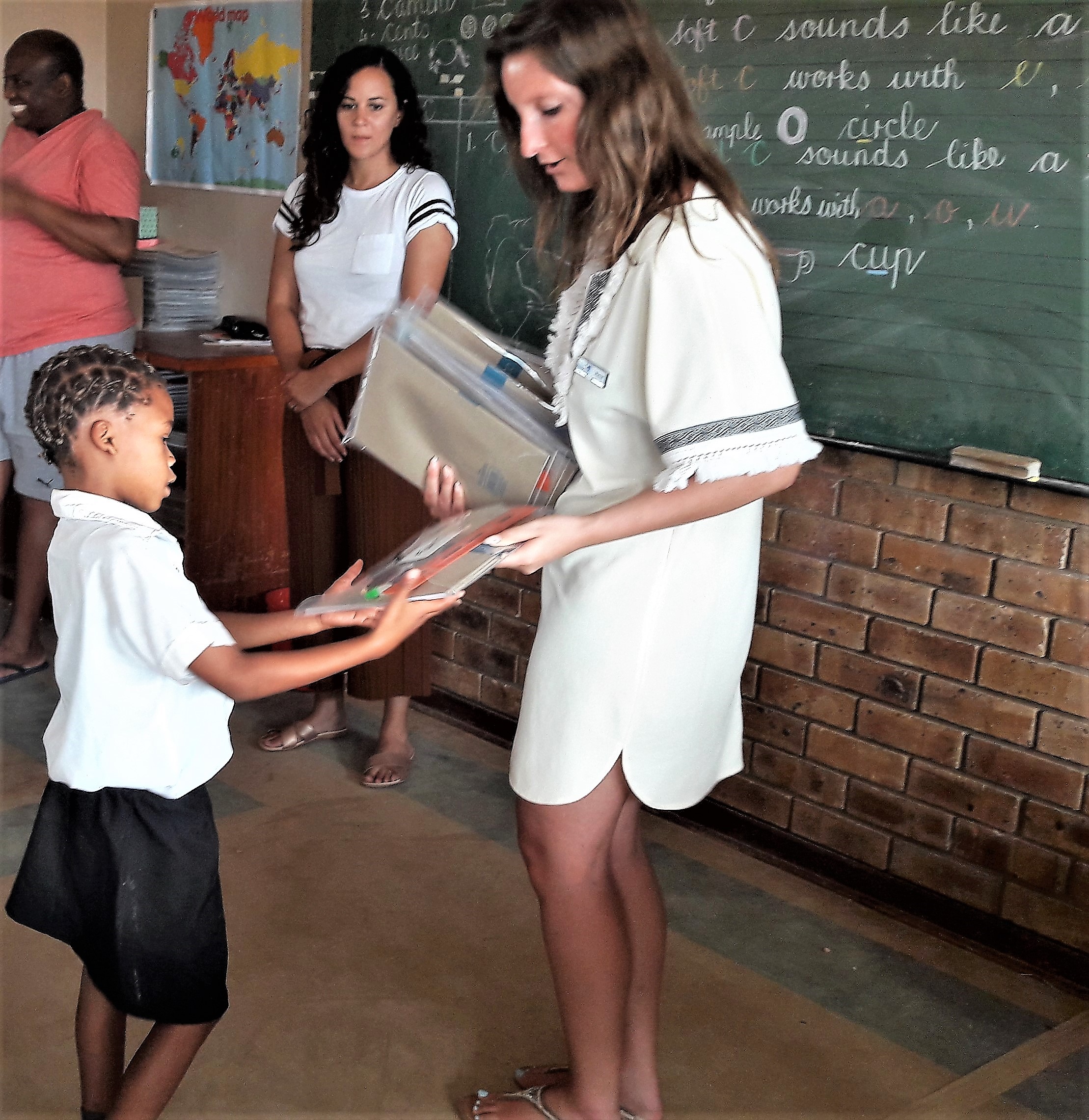



You might be the first person to really listen. Or the one who helps someone make sense of a system they never asked to be part of. You might be supporting someone as they navigate housing, mental health, family conflict — or all three at once. You might be the steady presence in a life full of instability. Social work isn’t about quick fixes — it’s about seeing the bigger picture, walking alongside people, and pushing for change that lasts. The impact is real — and so is the growth, on both sides.
If you come, you will support and be supported by local field workers, partner organisations and experienced supervisors.
Depending on your interests and requests from the community, you’ll likely work with:
Before you’re dropped in at the deep end, you’ll be offered cultural orientation and peer debriefings to keep you grounded.
Knowing Dutch or Flemish can open unexpected doors in South Africa, Belgium, and beyond. In South Africa, Afrikaans evolved from Dutch, and while they’re not identical, Dutch speakers often find they can understand much of the language — especially in written form. While this does not solve all language barrier challenges, it can create unique openings in community work, education, or social development contexts where Afrikaans is spoken; it can be a bridge to trust, nuance, and deeper collaboration. Other useful skills:
can help you teach someone else, help put together a CV, or support community groups with online communications work.
experience, ranging from youth workshops to caregiver support groups, is helpful.
often serve as tools for connection, expression, and healing across language or cultural barriers.
can help community members facing inter-generational trauma.; even foundational listening and de-escalation techniques are highly valuable.